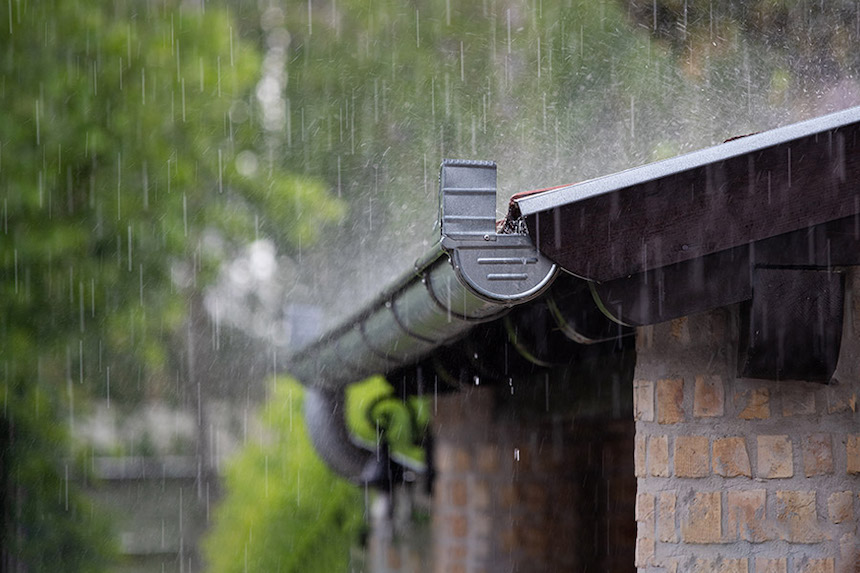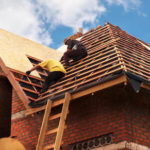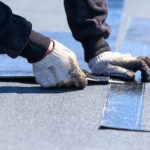
Summer storms are often accompanied by strong winds, heavy rainfall, thunder, and lightning. While they are not the most frequent natural disaster, summer storms can be dangerous and cause significant damage to your home if you are not prepared. However, with some preparation, you can minimize the risks and stay safe. This article will discuss the dos and don’ts of preparing for a summer storm.
Do Inspect Your Roof and Windows
Before the storm season begins, it’s essential to inspect your roof and windows for any damage or areas that may need to be repaired. This is important because during a storm, high winds can cause debris to fly around, and if there are any cracks or loose materials, it can lead to costly damages. Additionally, it’s also important to ensure that your roof is structurally sound and has proper ventilation to reduce the risk of leaks and mold growth; contact a company like JWF Roofing to check and/or repair your roof for you.
Don’t Leave Outdoor Items Unsecured
During a summer storm, high winds can cause your outdoor furniture, toys, and other items to become projectiles that can damage windows or even harm individuals. To minimize this risk, make sure to bring in any outdoor items that could become dangerous during a storm. It’s also important to secure your lawn ornaments and other items with stakes or weights, as they can be blown away easily. Secure any outdoor items by either bringing them inside or tying them down to prevent them from blowing away.
Do Prepare an Emergency Kit
In a severe summer storm, you may experience power outages, which can last for hours or days. To ensure you are prepared in the event of a power outage, create an emergency kit with essential items like flashlights, batteries, matches, and non-perishable foods. Additionally, it’s important to have enough water for all family members to last at least three days. You must have an emergency kit on hand with essential items such as flashlights, batteries, water, non-perishable food items, and a first-aid kit.
Don’t Underestimate the Risks of Lightning
Lightning strikes can be deadly. If you hear thunder, it is important to take shelter indoors. Avoid going outside during a lightning storm. Additionally, avoid using electrical appliances or talking on the phone while inside your home as they can increase your risk of being struck by lightning. If you are outside, move indoors immediately, and avoid contact with metal objects, water, and electronics. During a storm, it’s also best to stay away from windows or doors to prevent the glass from shattering and causing injuries.
Do Keep Your Gutters Clean
During heavy rainfall, your gutters can become clogged with leaves, branches, and other debris, leading to water buildup and potential water damage. To avoid this, make sure to keep your gutters clear of debris and blocked with guards. Additionally, if you have any low-lying areas that are prone to flooding, make sure they are well protected against water buildup by creating a barrier or installing a sump pump. Clean your gutters regularly and ensure that they are free from any blockages that may cause water to overflow onto the ground below.
Being prepared is key to protecting you and your home from a summer storm. Make sure to inspect your roof and windows, secure outdoor items, prepare an emergency kit, avoid lightning, and keep your gutters clean. By following these dos and don’ts, you can minimize the risks of damage and stay safe during a summer storm. Stay safe!
- 7 Ways To Become a Better Athlete - March 2, 2024
- 5 Tips for Economically Buying Your First Car - February 22, 2024
- Feeling Overwhelmed? How Cleaning Out Your Home Can Help - November 28, 2023






